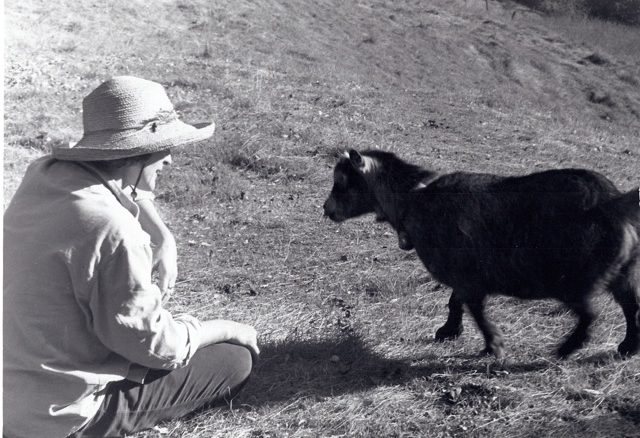The First Step to Mitigate Climate Change
“Nature must not win the game, but she cannot lose.” This quote from C. G. Jung’s Alchemical Studies (❡229) is engraved on the wall of a subway station at 42nd street and Avenue of the Americas in New York City, an installation termed “Under Bryant Park”.
The quote is from a larger paper on Paracelsus delivered in two lectures in 1941 (CW 13, pp.109-189). In a 2004 New York Times article, several subway riders are interviewed about their reactions to the quote. Several found it confounding and disturbing, and some were even annoyed by the riddle quality of it.
And yet, this mosaic— literally “Under Bryant Park”!— is the riddle that each of us live with, even these eleven years later, whether we know it or not. Jung is addressing the tension that comes when we recognize the sovereignty of Nature, and all that entails, along with our so-called rationality. But he also addresses the danger of not holding these seeming opposites. He continues, “…whenever the conscious mind clings to hard and fast concepts and gets caught in its own rules and regulations— as is unavoidable and of the essence of civilized consciousness— nature pops up with her inescapable demands(❡229).”
Yes, Nature has “popped up” through climate change, and there is no bargaining! We are at a point that we either evolve consciously as a species, recognizing Nature’s needs, or stubbornly kill off major parts of our planet by continuing our extractive, exploitive practices, which could include even killing off ourselves. We are faced with an evolution of consciousness on every level: personal, social, and political— or else.
But what is this evolution? A hint is in the alchemical work of Paracelsus, which refers to incorporation of a much older concept of the lumen naturae, the light of nature. This is instinctual knowing. For each of us it may be a little different. Some of us know by hearing, others by seeing, and still others by a gut feeling. The idea is that you hold this knowing along with what we have come to call rational thought. Jung felt the transcendent resolution of this tension is individuation.
For me, apprehension of the lumen naturae, “the light of the darkness itself” (CW13 ❡197), is an experience that can only be described as a shining within. When I first felt it, I was afraid that I was dying (and I write extensively about this in Farming Soul: A Tale of Initiation.) Suddenly you see the light in everything: the leaves, the grass, the goats— everything. You feel it in your heart as a flame.
So much of my training to be a Biodynamic farmer— and a Jungian analyst, I might add!— is incorporating this older way of knowing. At once very simple and also complex, learning to work with Nature in a collaborative fashion is predicated in developing the “vision” of the lumen naturae. It also means valuing the sovereignty of Nature, quite a departure from centuries of dominion over attitudes that we have held sacrosanct. It means keeping one’s judgement and fixed beliefs at bay until one has perceived what is present, and only then thinking about what you have perceived. It comes in that mindless state of sitting before the roar of the ocean, or by a quiet fire in the evening, or under a tree when the leaves are telling stories of air.
Our first task in mitigating the impact of ourselves on the earth (and climate change) is learning another way of being, one in which we develop the ability to listen to nature. All the tools we need are right here, right before us. And it is critical that we each begin this week!
